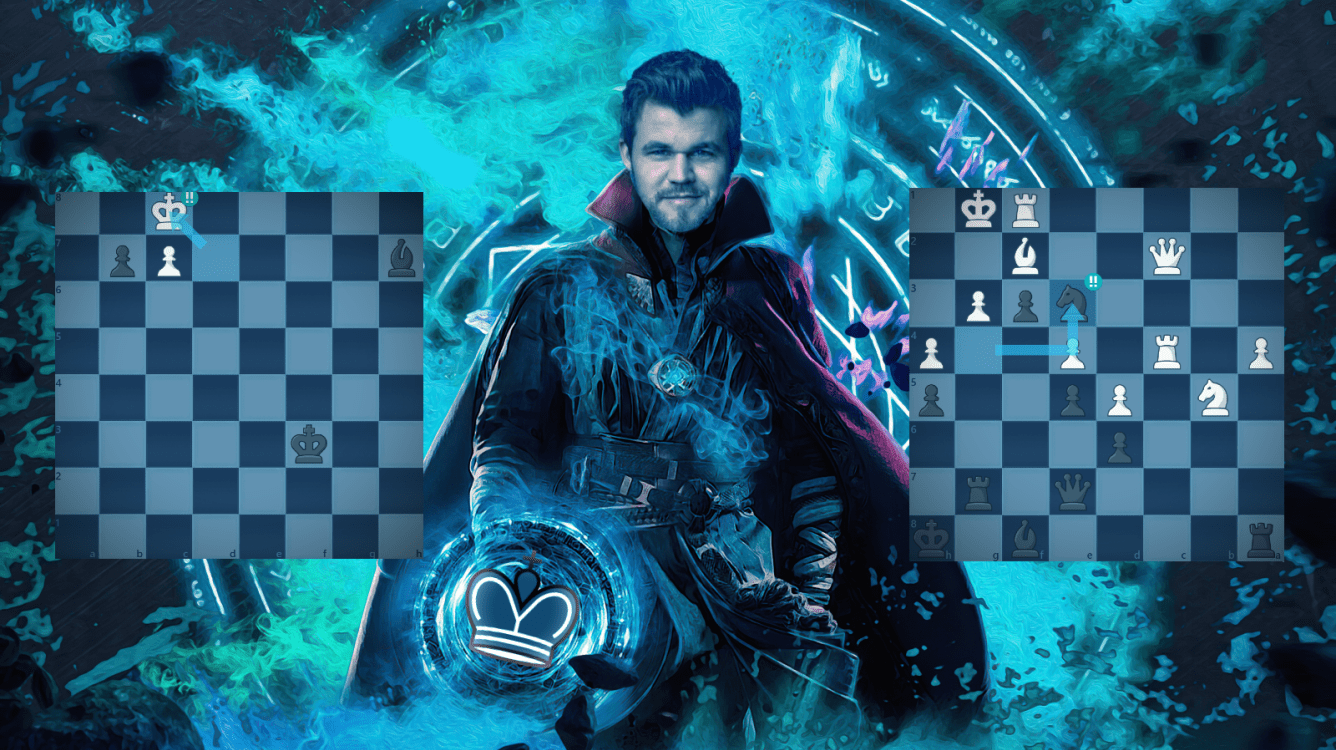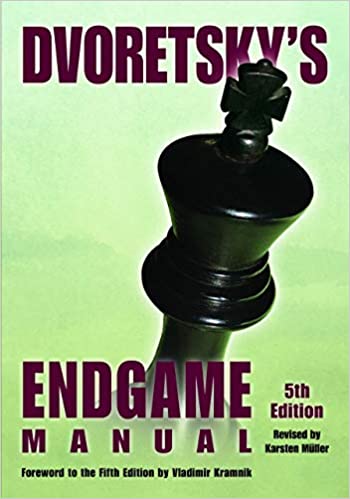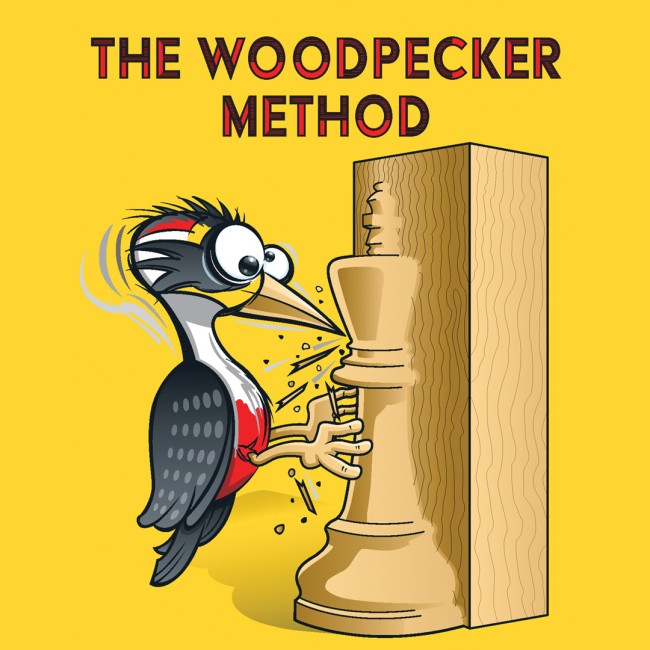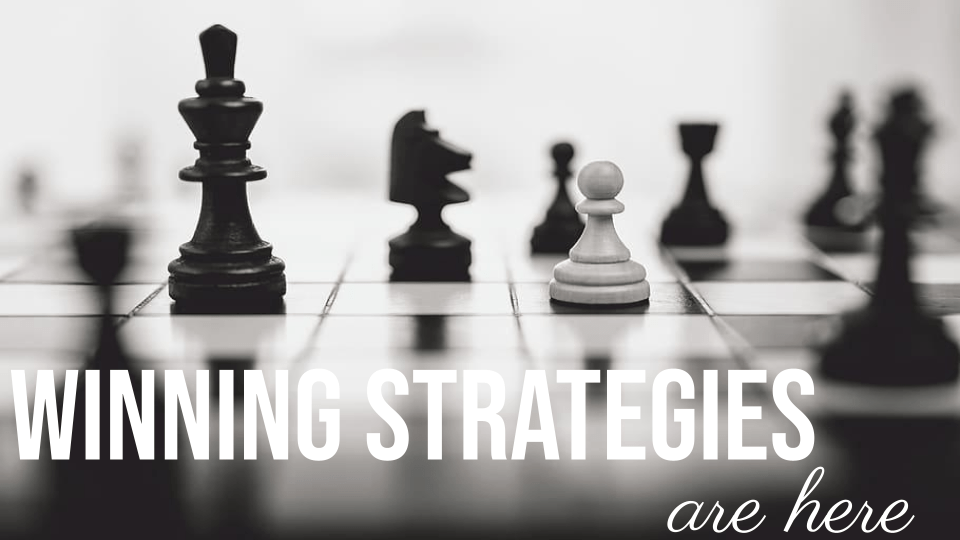
How to Fix Your Chess
Nobody is perfect, not even in the game of chess. We all have our weaknesses. Usually, we can still win games and increase our rating, but when we hit a plateau, something needs to be changed. Your weakness needs to be addressed. In this blog, I'll give you different tools to patch up any weak spot you may have. Let's fix your weakness!
Before you can fix a weakness, you need to find it! There are a few ways to do this, the easiest being to analyze your lost games and see where you went wrong. Did you make positional mistakes? Did you miss a winning tactic? Did you misplay the endgame? The computer will break it down for you.
Another way you can find your weakness is by doing chess puzzles pertaining to different aspects of the game. Whichever you do poorly on is probably the skill you haven't grasped as much. You can do this for tactics and endgames easily, and @Silman's blog has many positional puzzles.
I found my weakness, positional inferiority, through analyzing games. The following game demonstrates this pretty well:
Positional mistakes and lack of defense slowly dropped the evaluation. I never want this to happen again, so let's see how I can fix it!
Positional weaknesses are, in my opinion, one of the hardest to solve. Therefore, if you share my lack of understanding, I'd highly recommend How to Reassess Your Chess by Jeremy Silman (@Silman.) I mention the book quite a bit in my blogs, and that's because it's a fantastic read on imbalances, which are crucial to postional knowledge.

@Silman and @Gserper have articles on strategy topics like these, and Chess.com lessons are also great.
However, if you're positionally inadequate, you need to analyze your games by hand. Instead of having the computer tell you where you played badly, find out which moves are worse yourself. This helps you remember your mistakes and wires you to play better positionally. Can you find White's best plan? (Courtesy of @Illingsworth.)
Overall, while there isn't a simple method to fix positional weakness, there are a variety of ways to go about it. Once you master positional play, you should be set up for a winning endgame.
I detest the endgame. A well-played game should be practically decided in the middle game. - GM David Janowski
The endgame decides the game, so you can't be messing around in this phase of the game. If you are having trouble here, it needs to be fixed with heavy-duty material.

In Dvoretsky's Endgame Manual, Mark Dvoretsky shows you hundreds of practical endgames ideas and theoretical endgame positions so that you can master the endgame. You'll go through pawn endgames, rook endgames, knight endgames, bishop endgames, queen endgames, rook vs. bishop endgames, rook vs. knight endgames, bishop vs. kni- yeah, I think you got the point. This is a lot of endgame goodness. Picking this up is sure to turn an endgame weakness into a strength. You can buy the chessable version or a physical copy.
If you want something with a little less work involved, 100 Endgames You Must Know by GM de la Villa or Silman's Complete Endgame Course by IM Jeremy Silman (@Silman) might also do the trick. Books are gold when it comes to endgames, but there is an easier way to patch up your knowledge.
Chess.com Endgames helps you get down your endgames... with speed. You can practice a large variety of endgames, from basic to difficult, and be timed per set. You compete to get on a daily leaderboard, and if you're really good, you might even have a chance at the 90 day leaderboard, though that seems nearly impossible to me.

An older form of endgame research is endgame studies. These are positions composed by chess players, usually with unique strategies to beating them. This could help you in wonky endgames where both players would usually have no idea what to do. They're also quite interesting to solve. Here's a hard one (in my opinion).
So endgame studies and Chess.com endgames can help you patch up, but books are the best sources of endgame knowledge, so you may want to pick one up. But if you're an endgame expert, you could struggle with middlegame tactics.
Are you missing winning tactics in games? Are your opponents bamboozling you with brilliant combinations? Well, this is going to shock you, but to improve your tactics, you need to do Chess.com puzzles!
All jokes aside, Chess.com puzzles are probably the easiest way to improve your tactical awareness. If you don't have a premium membership, or head over to another website and solve puzzles there! But if you have cash, take it over to chessable and buy The Woodpecker Method by Axel Smith and Hans Tikkanen.

This genius regime "carves" the tactics into your brain, just like the woodpecker in the image! This book uses the method of repeating the same set made up of hundreds of puzzles multiple times to increase your accuracy. Therefore, you engrain those tactical patterns in your brain. It's great and highly effective, definitely check it out.
(You could also buy the book, but it's not nearly as efficient.)
Tactics is a big part of chess and it's highly recommended that you study it (and all the aspects mentioned in this blog) even if you aren't particularly weak. But remember to focus on your weakness.
But who cares about missing tactics when you're hanging pieces? Blunders happen to players of all ratings, whether 100 or GM. Would you be ashamed of playing the move that #12 chess player in the world made?
If you make such game-losing blunders more often than you like, then I have two treatments for you.
For one, you can try out Puzzle Rush and Puzzle Battle. Both have you solve puzzles as fast as you can. This is good for your chess because those who blunder less are those who quickly analyze positions, and thus don't have to look at every piece on the board.
If you accidentally hung your queen with 21... Qg5+??, then don't worry, it's understandable. If not, you did a pretty good job blunder-checking.
Blunder-checking is a natural skill that comes to chess players, though some have a slower intuition than others. To manually increase your skill, play long time controls and check every move for checks, captures, and attacks. This works for beginners increasing their accuracy and advanced players sharpening their play.

Blunders are part of us all, and if you could eliminate them from your play, you would probably increase your rating significantly. Unfortunately, they're always there, so we can only decrease their frequency.
Positional play is the most complicated weakness to fix in my opinion, but practice makes perfect! Endgames come from books, tactics from puzzles, and blunder-checking from playing games. I didn't include weak opening play - if you're having trouble memorizing, then just stick to an opening system!
You should try to study all aspects of the game, but make sure to focus on the parts that you're not so great at so that you can play at your best throughout the entire game. A good book will solve anything, but Chess.com also has cures to every weakness you could have. Fixing your weakness is how you fix your chess. Thanks for reading, I hope you enjoyed.
Play the opening like a book, the middlegame like a magician, and the endgame like a machine - Rudolf Spielmann

